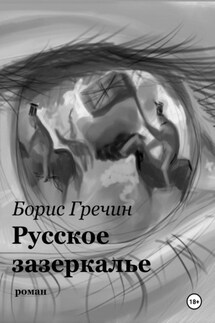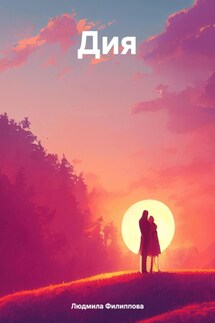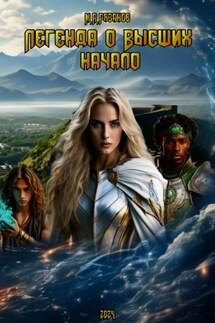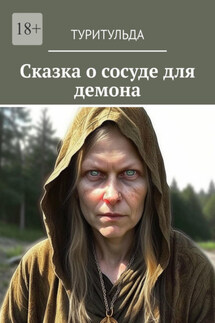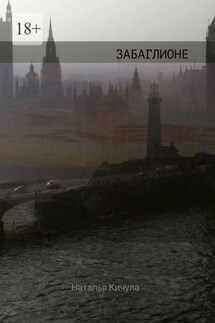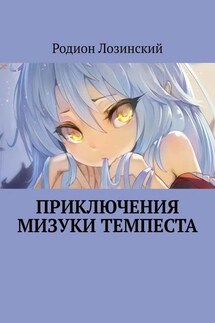Русское зазеркалье - страница 14
Let us now have a look at the second verse. ‘For thousands of years we, you and I equally, are doomed to…’ To “mykat’ ”, which verb leaves me almost helpless, Russian though as I am. The closest possible translation would be I guess ‘to suffer from’ and ‘to get along with,’ ‘to patiently endure something,’ ‘to suffer from something while you are getting along with it.’ A very Russian vision—I might even say, a very Orthodox Christian vision—of suffering which is ‘beneficial in itself’ (well, not really), as it allegedly ‘purifies our soul from Evil.’ I wholeheartedly reject this vision, which doesn’t mean to say that my rejection of it is in any way exemplary for a Russian—I might be a bad Russian, after all. This is what the Russian songs that we discuss in this course are about. Just touch any of them—and you will be overwhelmed, overflowed by the multitude of cultural phenomena it refers to, including Dostoyevsky, a thousand years of Russian Christianity, and God knows what else.
We are, the text says, doomed to maintain this half-friend-half-foe relationship with ‘something in our destiny,’ still left untouched ‘by the malicious ravens.’ Black ravens play an important part in Russian pre-Christian mythology; they usually symbolise Death. The song probably says that those of us who will be still alive will envy the dead. A very dismal vision of Russian life as a purgatorium, shared only by relatively few artists. I do not subscribe to it, and yet I felt like it wouldn’t be very fair not to mention those artists in our course altogether. It is the second part of the verse, though, that makes the whole of it so remarkable.
For thousands of years we are doomed to be waiting for the Driver, and then
We who have hearts of the rich but carry beggar’s bags will flop down in the mud, when [he] yells at us, ‘Go down!’
The Driver definitely must be seen as the Vozhd, the National leader, the Tsar. To be honest, I would not know what to say if you asked me where the line between a vozhd and a tsar should be drawn. To me, all these terms are synonymous, de facto if not de jure. Russia has always been, and still is, an authoritarian state. (This is what you wanted me to say, didn’t you?) To ignore this fact of our social reality would be absurd, and yet, your humble lecturer and Igor Sarukhanov happen to have diametrically opposed views on whether having a monarch is beneficial or bad for a nation. Any admirer of the British royal family would perhaps be on my side… We are not talking about my humble person, though. For Igor Sarukhanov, the Driver cannot help being a tyrant and a dictator, one who shouts at you ‘Go down!’—and then you bluntly fall in the mud, a rich man in your heart though you are. You probably remember Boris Berezovsky and the sad end of his life: he, too, had to obey this command and to ‘go down,’ speaking metaphorically. In Russia, you cannot contradict the Driver, however rich you are.
My subjective opinion is that Sarukhanov’s characters with their ‘hearts of the rich’ can hardly earn sympathies of an average Russian. It is the ‘poor and condemned,’ to use Dostoyevsky’s phrase, who win our hearts. We are not really sorry for the rich, thrown in the mud. Would the artist attribute ‘hearts of saints’ to his protagonists he undoubtedly would make us love them. The problem is, saints are not upset by the command to go down. This is what they are doing all the time, anyway. It reminds me of a short talk between the Russian Tsar and Bazil the Blessed, fool for Christ, in
